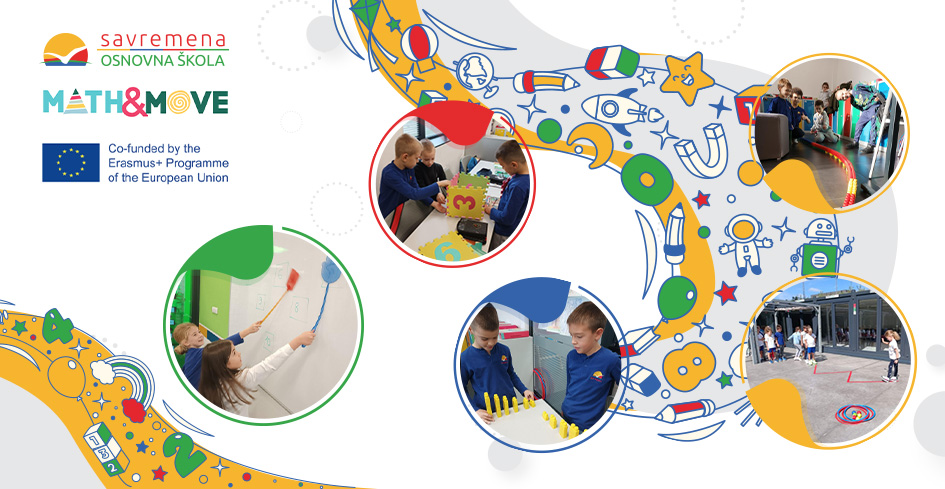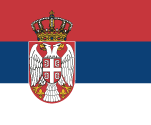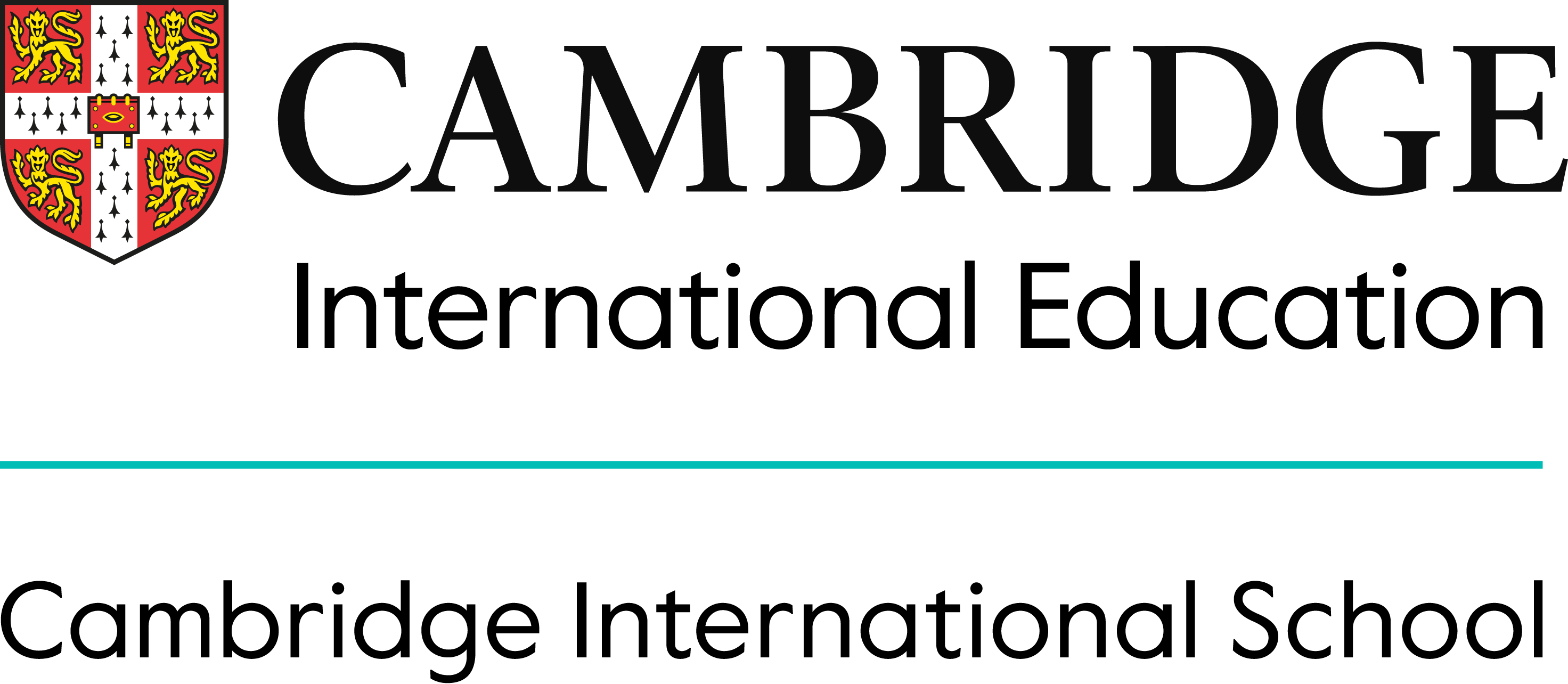
Motor skills, movement and mathematics
linkadmin / / Blog, I-IV, Kombinovani, Math&Move, Nacionalni, Uncategorized, V-VIII / March 3, 2023
Motor skills, movement and mathematics
Integration of motor and cognitive skills in education
Learning elementary maths concepts while engaging the whole body through physical movement can improve children’s maths performance (Beck et al., 2016).
At the present time, opportunities for updating and improving the quality of school-age education are being actively explored. At this age, the formation of elementary mathematical concepts should be organised in such a way that children see that mathematics does not exist by itself, and that mathematical concepts reflect the connections and relationships inherent in the objects that surround them.
The results of a large number of studies (Hillman et al., 2005; Pesce, 2012; Vazou, Skrade, 2016; Donnelly et al., 2016) indicate that the more diverse the movements and movement, the more information reaches the brain, and thus more intense intellectual development of the child. Well-known pedagogues from ancient times to the present day indicate that movement is the most important means of getting to know the world around us. During motor activities, children actively perceive new objects and their properties. Therefore, activities in school conditions should not be limited to only one type of activity. The more different the requirements are in terms of activities and didactic materials, the more effective they will be. The more information a child receives from his/her senses, the more successful and diverse his/her development will be. Any maths activity can include motor exercises and games so that children have the opportunity to actively move during the activity.
Research results (Beck et al., 2016) emphasise that many children achieve better results in mathematics when their bodies are engaged during the activity. “Children learn more if they move and use their whole body to learn,” says researcher and professor Jacob Wienecke from the University of Copenhagen. “Compared to previous studies that showed that intense physical activity can improve learning outcomes, we were able to show that lower intensity activities are just as effective or even more effective as long as movement is integrated into the subject.”

After only six weeks of research, all children improved their scores on a standardised test. Children whose activities included whole-body activity showed better results. Their performance improved by 7.6% and doubled compared to the control group that did maths activities without motor activities. All data from the presented research indicate that motor skills are a strong predictor for the future development of children.
Through learning through movement, we enable children to acquire knowledge by moving in space, using game methods to develop different thoughts, feelings and ideas. This translates into critical thinking, vocabulary, analysis, and problem-solving skills. The development of motor intelligence increases the development of other abilities in different areas: mathematics, reading, graphomotor abilities, etc. Pace and speed of movement, directionality and coordination of the whole body form a well-organized psychomotor system of the child. Therefore, the goals of mathematics education are defined in accordance with the requirement to create conditions for the activation of children in everyday life situations, games and other activities (creative-expressive, artistic, speaking, sports-recreational, social, etc.).
A well-organised stimulating environment is necessary in which children will express their total potential by being able to experiment, manipulate, observe, perceive, differentiate and discover the world around them through their own discovery; discover shapes, sizes and colours; physical properties of objects that surround them; to use relationships between objects and phenomena to build logical-mathematical knowledge; they set tasks for others, observe logical consequences, understand and use the initial mathematical operations of association and evaluation; they develop the feeling that they are capable of solving set problems and tasks; apply didactic tools in solving problems and the like.
From all that has been presented, it is clear that we are presented with a number of research opportunities to continue to investigate more comprehensively and try to understand the connections between motor skills, movement and mathematics. The results obtained from new research could put us in a position to create new, more effective correlations that strategically integrate the formation of motor and cognitive skills and make it easier for children to prepare for future success. It is evident that we must encourage children’s physical activity, gross and fine motor skills, and complex movements and thereby help the development of the child’s overall abilities, as well as mathematical abilities. Helping children develop their fine motor skills and increase their understanding of basic maths concepts are two very important goals in early childhood education. These learning opportunities will help children in their daily lives and prepare them to easily master more advanced mathematical concepts in their future education.
Bibliography:
Beck, M. M., Rune, L. R., Geertsen, S. S., Ritz, C. G., Lundbye-Jensen, J., Wienecke, J. (2016). Motor-Enriched Learning Activities Can Improve Mathematical Performance in Preadolescent Children, Frontiers in Human Neuroscience, 10, 1–14.
Donnelly, J. E., Hillman, C. H., Castelli, D., Etnier, J. L., Lee, S., Tomporowski, P., Lambourne, K., Szabo-Reed, A. (2016). Physical activity, fitness, cognitive function, and academic achievement in children, Medicine and Science in Sports and Exercise, 48, 1197–1222
Hillman, C. H., Castelli, D. M., Buck, S. M. (2005). Aerobic fitness and neurocognitive function in healthy preadolescent children, Medicine & Science in Sports & Exercise, Vol. 37, No. 11, 1967–1974.
Pesce, C. (2012). Shifting the focus from quantitative to qualitative exercise characteristics in exercise and cognition research, Journal of Sport and Exercise Psychology, Vol. 34, No. 6, 766–786.
Vazou, S., Skrade, M. A. B. (2016). Intervention integrating physical activity with maths: maths performance, perceived competence, and need satisfaction, International Journal of Sport Exercise Psychology, Vol. 15, No. 17, 508–522.




